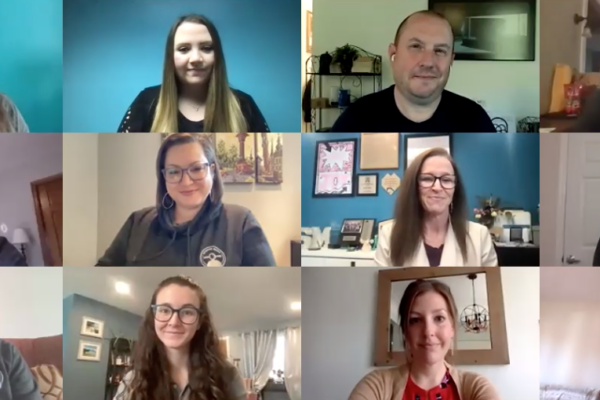To quote the man born Shawn Carter, “It was all good just a week ago …”
Media contacts were successfully pitched, swag bags sit stuffed and social media posts were scheduled. Your team was excited and, truth be told, despite all the stress – you still can’t believe how many times you had to re-write that ONE sentence – you were thisclose from the moment that makes all the hard work worthwhile.
Then, just like Thanos’ infamous finger snap in Avengers: Infinity War, your event is canceled, leaving you scrambling to make sense of the aftermath. (Thor really should have gone for the head, but that’s beside the point.) And in the wake of the novel coronavirus (COVID-19) pandemic, event cancelations have become a (hopefully temporary) regular part of many a public relations professional’s existence.
But fear not – for just as our fateful heroes proved in their follow-up adventure Endgame, a plan of action will restore your universe to order as you know it. Be a superhero to your client with these tips on how to cancel an event without canceling yourself in the process.
FAIL TO PLAN, YOU PLAN TO FAIL
First things first – this isn’t your best friend you’re canceling on, it’s an event both you and your client were planning to put on in a professional, successful manner. Thus, your approach to canceling the event should have the same meticulous attention to detail as you did in planning it. This means that you need to:
- Determine how you will explain why the event needs to be canceled. Be clear, concise and stick to the facts – an emotional breakdown in front of the media can live in infamy forever;
- Develop a clear message that will be consistent throughout all your communication channels. Sending a mixed message is confusing and problematic;
- Anticipate the questions the event’s cancelation will raise and answer them before others ask them. Fail to prepare to answer questions that would naturally arise and you could be left stammering.
- If you’ve rented a venue, inform the venue of the event’s cancelation. Not only does the venue need to know your event isn’t happening, you will definitely want to check out the financial implications of canceling the event in terms of fees and/or ticket refunds. Additionally, if there is an issue with the venue, it would be wise to make sure both parties are on the same page in case because of tips above.
- Decide who will the public face of the event in regards to making this and any follow-up announcements as well as answer any follow-up questions/inquiries; and
- Make sure NOTHING is announced until all the aforementioned steps have been completed. Saying you’ve canceled before completing the steps above can lead to conflicts, arguments and all sorts of unnecessary drama … Unless you enjoy that sort of thing.
SPREAD THE WORD GRACIOUSLY
While we all need to be practicing social distancing right now, that’s the exact opposite of what you need to do communication-wise when canceling your event. So, now that the message is ready it’s time to spread the word.
In addition to distributing a press release, quick email/text blasts to the event’s database (you DID compile a database for the event, right?) and social media posts, it’s time to go old-school. That’s right: Use a phone and make sure people got the message. In a world of impersonal emails aplenty, a quick call can (re)establish that personal touch, even if it goes to their voice mail.
Likewise, make sure you thank everyone for their hard work leading up to the event and communicate a future thinking, positive message. The event may be terminated, but you and your client are not.


